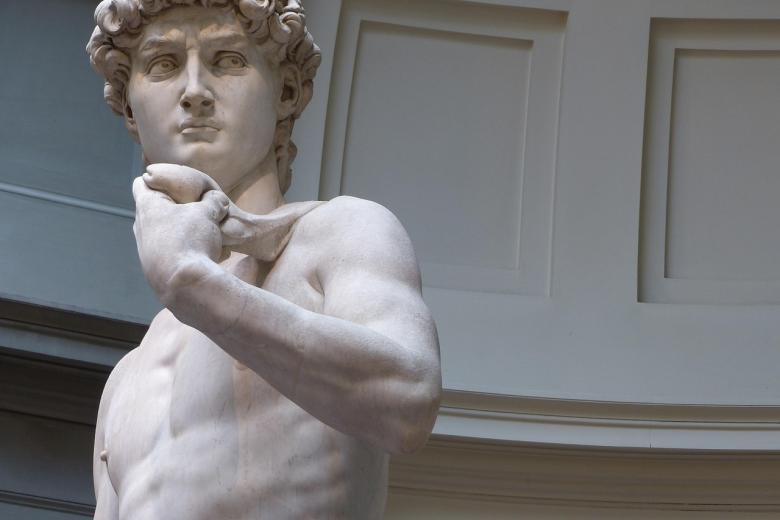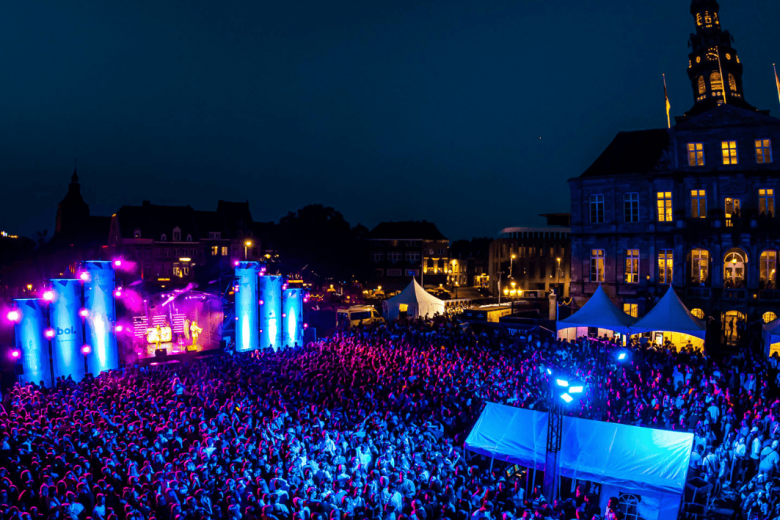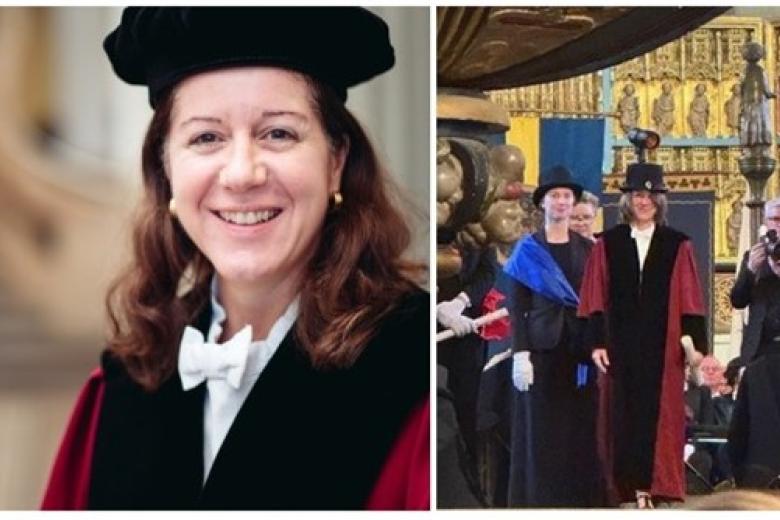Lund University honours UM professor for work in private international law.
Solo l’Italia? Gabry Ponte’s Eurovision song underlines striking limitations to Italy’s effective control over its cultural heritage imagery
- Law
The staging of San Marino representative’s performance during Eurovision might be in violation of Italian cultural heritage law – yet, the principle of territoriality prevents Italy from taking effective legal action.

INKOM 2025: The start of something new
- UM news
INKOM, the annual introductory week for new students of Maastricht University, Zuyd University of Applied Sciences and VISTA College, wil

UNPACKING THE GLOBAL PLASTICS TREATY
- conference
In-person Interdisciplinary Expert Seminar and/or Public Conference on the global plastics treaty on 28 and 29 October 2025. The selection of participants in the seminar aims to ensure a balanced representation of expertise and background.

